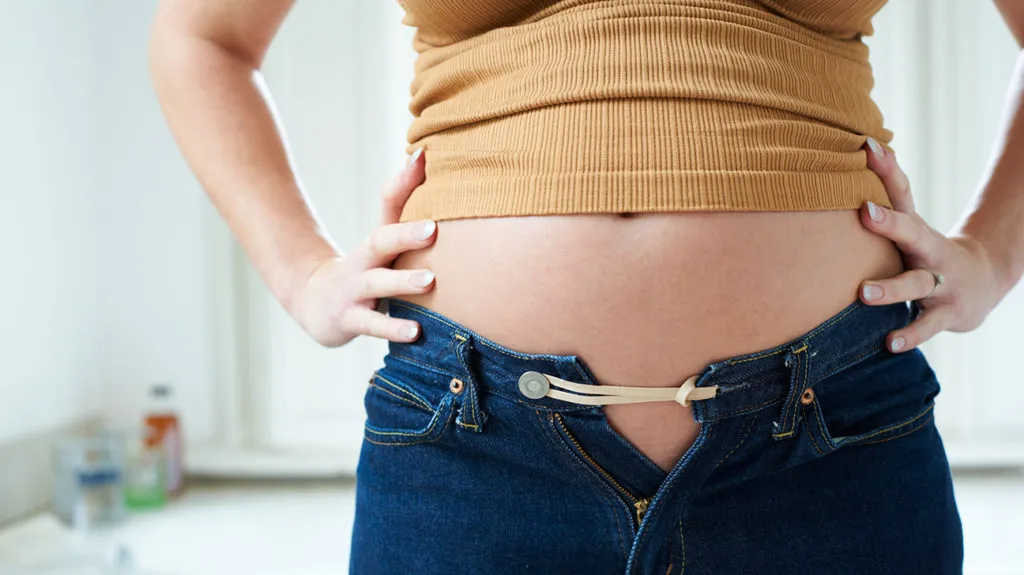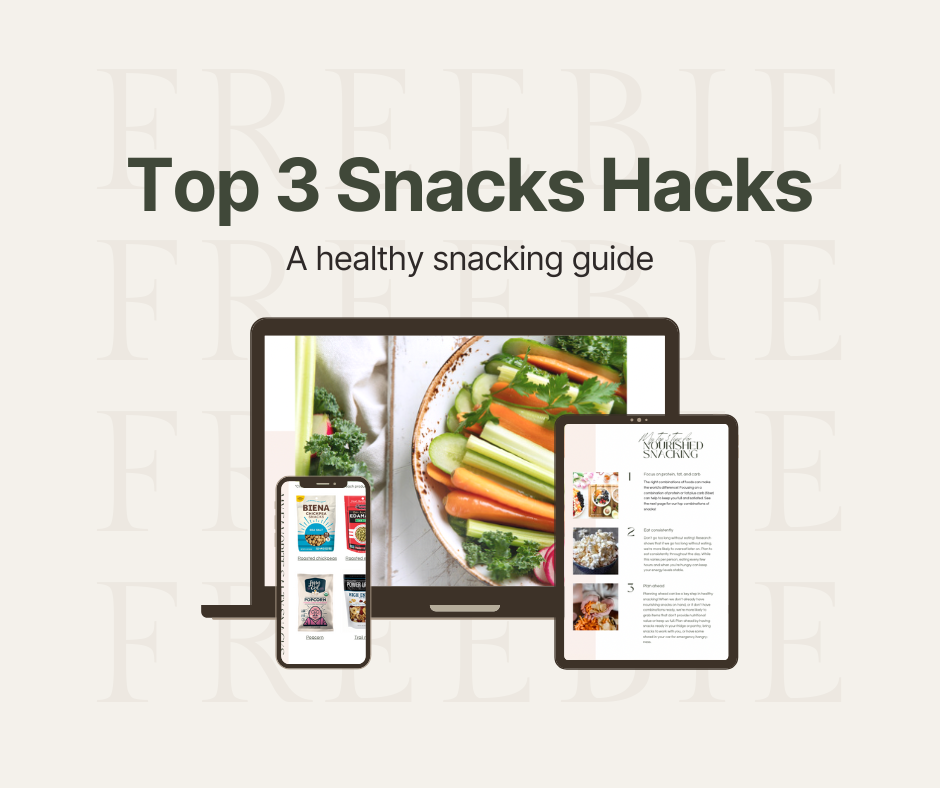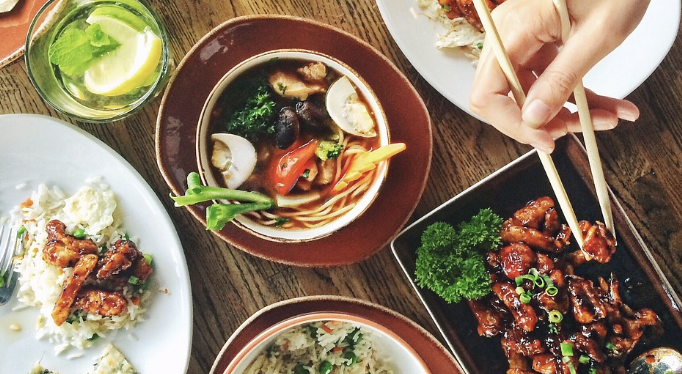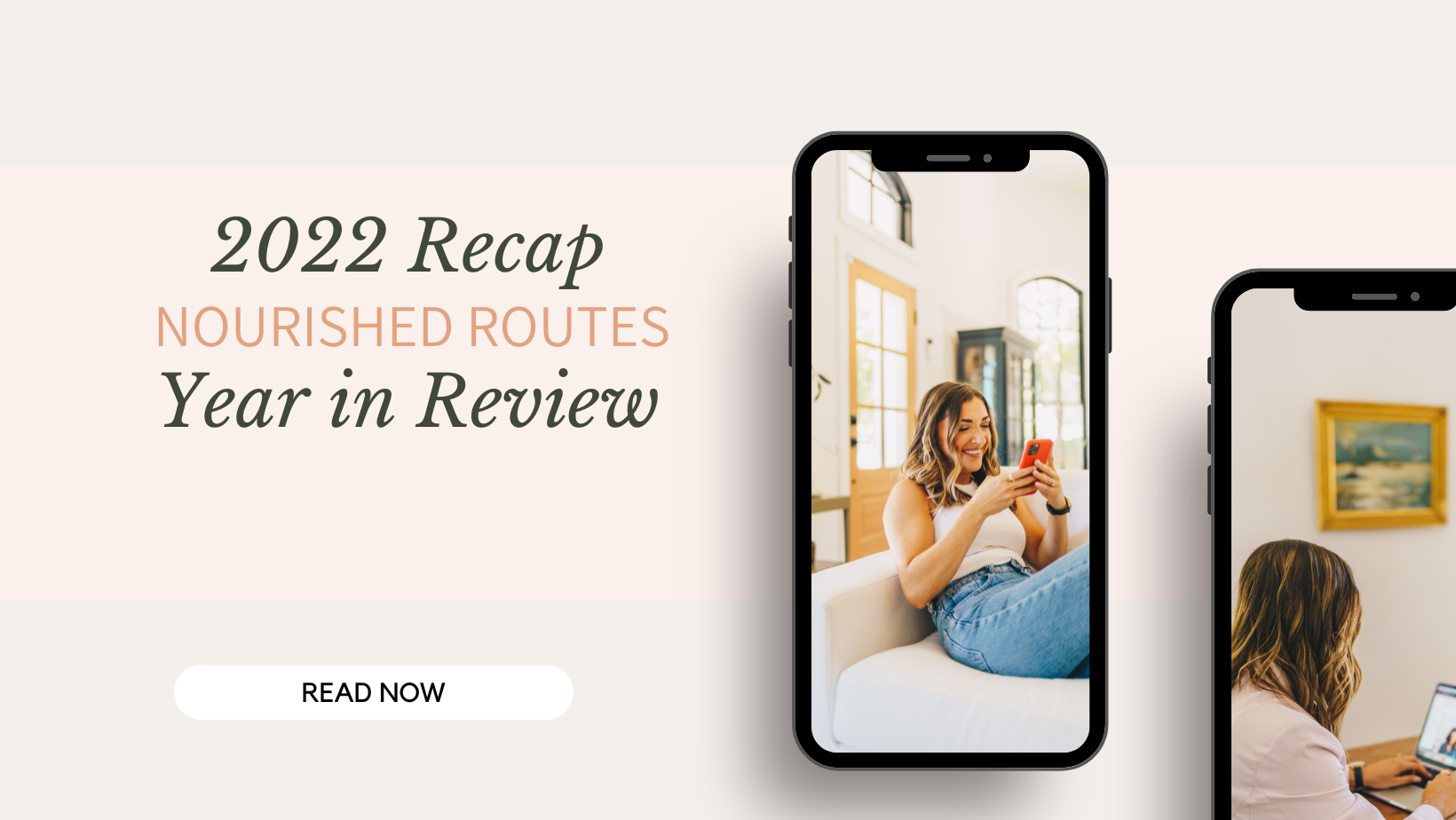
4 Tips to Get Rid of Bloating
Bloating isn’t fun. While mild bloating is normal, it can be uncomfortable and at times, even painful. Bloating isn’t always ...
Bloating isn’t fun. While mild bloating is normal, it can be uncomfortable and at times, even painful. Bloating isn’t always completely avoidable, but there are some ways in which you can reduce your chances of experiencing it.
Here are 4 tips to help prevent and reduce bloating.
Tip #1: Be mindful while eating
Slow down while you are eating. Be mindful and take small bites, making sure to chew fully before swallowing. It would also help to eat smaller and more frequent meals instead of larger meals. This can help make it easier on the stomach while digesting food.
It is also important not to overload the stomach. Sometimes overeating happens, but it can be avoided more often if you are mindful of fullness and hunger cues. It is important to be in tune with the body and try to listen to how you feel.
Another thing that can reduce bloating is limiting discussion while eating. While dinner is often a time to talk about your day, it is actually beneficial to minimize the amount of talking you do while eating. Talking while eating can cause you to take in an excess amount of air, which can lead to bloating as well.

Tip #2: Get movement in
Right after finishing a meal, it can seem like the perfect time to relax. You may want to hit the couch or lay down. Doing this can actually help to increase your chances of bloating. Go for a walk after eating instead. This can help your stomach with digestion. If a walk isn’t possible, even just standing up and moving around the house for a bit can help.
If you are still going to be sitting for a while, make sure to sit up straight. If you are slouching or sitting with bad posture, it can compress the organs in the stomach that help to digest food. This can cause the gastrointestinal system to not function as well, which can lead to bloating amongst other things. Try to practice good posture to help your stomach digest the foods you have just eaten.
Walking around after meals is not the only thing that helps reduce bloating. It can also be beneficial for your stomach if you have exercised earlier in the day. A person who participates in physical activity on a regular basis will often experience less bloating. This is because physical activity helps move gas along in the digestive system.
Tip #3: Be aware of foods or beverages that can promote bloating
While it is important not to cut certain foods out of your diet completely, it can be helpful to know what foods or beverages can cause bloating.
Chewing gum is a big cause of bloating. This is because as you are chewing gum, you are often swallowing more than usual. This can cause you to swallow a lot of air, therefore causing your stomach to bloat.
The temperature of the beverage can cause bloating. If a drink is too hot or too cold, this can cause sensitivity in the stomach. Carbonated beverages can also cause bloating, as these drinks are often filled with large amounts of air.
Highly processed low sugar foods also are high bloat foods. These often contain things like sorbitol, mannitol, and maltitol. These low sugar foods are usually calorie free. This means that the body can’t digest these additives, which can be the reason that the body bloats.
Unfortunately, foods high in fiber are another reason you may experience bloating. Fiber is very important in the body, as it helps to regulate bowel movements, makes you feel fuller, and can keep your gut microbiome healthy. Fiber also plays a role in cardiovascular health by preventing heart disease and stroke. With foods high in fiber, you may have to slowly increase your intake to minimize bloating. Add these high fiber foods into your diet in smaller amounts until your body gets used to them. It can also be beneficial to make sure your water intake is adequate while consuming these high fiber foods. Water can help the body move these foods through the digestive tract.
Tip #4: Wear clothing that is comfortable
While this has nothing to do with your eating habits, it is also important to wear clothes that you feel comfortable in. If a clothing article is too tight, it can cause compression on your stomach, which interferes with digestion. Here at Nourished Routes, we’re all about wearing clothes that currently fit your body, rather than hoping that those skinny jeans from college will still fit.
If a clothing article is too small, don’t wear it! Put on something that more comfortably fits on your body. If you do need to wear a tight article of clothing, like leggings for example, it may be best to only wear it for a couple of hours, especially if you are going to be eating a larger meal.
The Takeaway
While bloating cannot always be prevented, there are certain things you can do to minimize the chances of experiencing it. Remember to be mindful while you are eating, move your body, be aware of bloat causing foods, and stay comfy!
If you are interested in learning more about how to create a healthy snack that works with your stomach and digestion, download our free healthy snacking guide! With this, you will learn the 3 top snack hacks for creating a snack that will keep you full and satisfied while also being nutritionally sound. This guide will help you build your confidence in your snacking choices as well as teach you how easy it can be to create a healthy and filling snack.
This article was written by Mackenzie Flug, nutrition intern. Fact checked by Allison Tallman RD.


